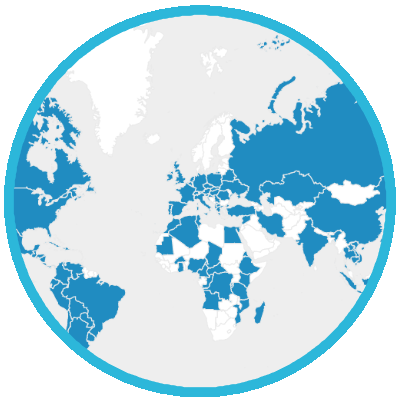We Cannot be Silent! From “Band Aid” to Advocacy – A new movement in consciousness?
(Part 2)
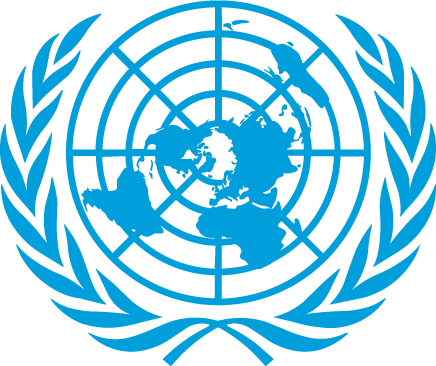
When we reflect and ‘own’ the dialogue of Mary with Elizabeth and the mutual sharing between the two women, a new energy filled with possibilities begins to emerge.
Mary’s border crossing journey and concern for the welfare of Elizabeth extended far beyond her own immediate circle. The Visitation is not the portrait of a withdrawn, stay-at-home mum. In her song of greeting, the Magnificat, Mary, the pregnant Mother of God, articulates and celebrates the scattering of the proud, the dethroning of the mighty and the raising of the debased. As her son eventually does in the Beatitudes, she not only blesses the poor and promises the feeding of the hungry, but she also predicts barren times for the rich, who will be sent empty away. Mary challenges unjust systems and voices her concern for the impoverished human person.
As we reflect on the Sustainable Development Goals in the spirit of the Visitation encounter, the invitation is clear… Collaborating for Global Systemic Change invites us to promote the wisdom of all cultures and traditions by promoting a call:
- To Global Citizenship
- To participate in movements from separation to communion by facilitating communion among the world’s faith traditions
- To have accountable, mutually responsible conversations
- To become partners with others and share resources to engage collaboratively in global systemic change ministries.
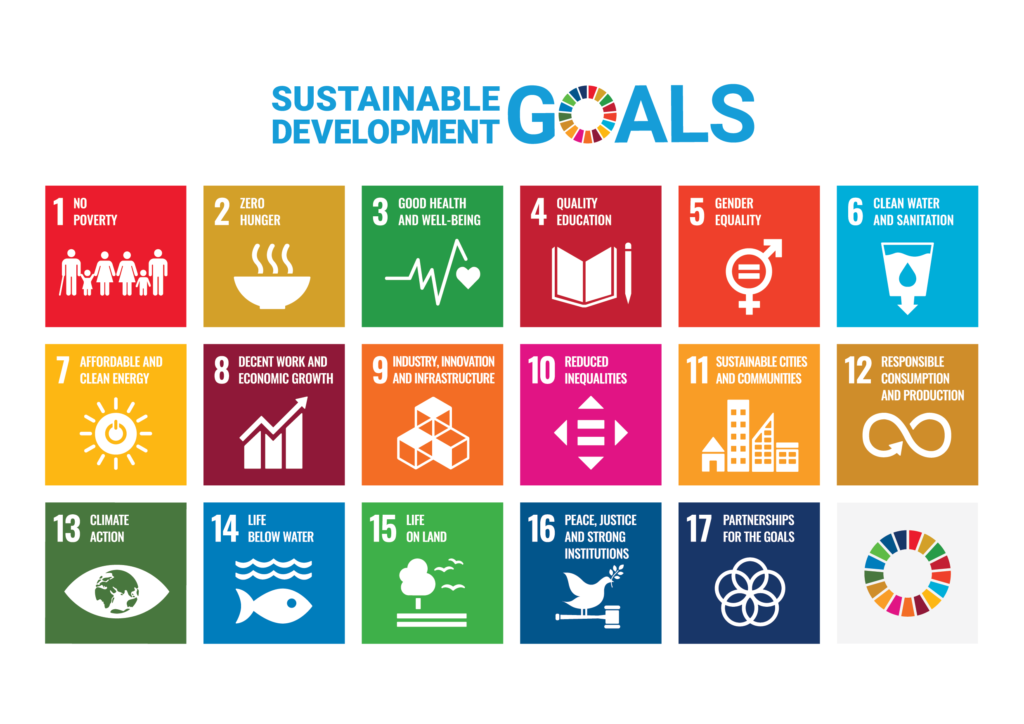
Facing the realities that challenge us and the obstacles that paralyse us, we turn to the Word of God for light and courage to grapple with the problems of our times, made all the more difficult by an out-of-control virus ravishing the world. The Visitation encounter has many lessons for us today. An authentic commitment to reflection and dialogue will lead to the building up of the vulnerable, including ourselves. It is an invitation to a new sensitivity and focus in order to better grasp “the cries of the earth and the cries of the people”. When we listen well to these cries, we sense the urgency for action and will hear the cry of God in everything that is wounded, threatened or excluded. If we respond to these cries, together we will be opened up to new journeys of hope.

But how do we get this point? As we saw earlier, there are many Non-Governmental Organizations (NGOs) at the United Nations, including many Congregations who have invested major resources into having a representative in this space where the heartbeat of the world is monitored. For example, most of the women and men who represent their Congregations come from a background as trained teachers, lawyers, community activists and healthcare workers, with experience in multiple ministries focusing on the empowerment of people. As Congregations the world over, grapple with the realization of fewer new members and the care for our frail elderly tends to become a dominant focus, we are all beginning to realize that our “Band-Aid” approaches to the needs of the vulnerable are just that. As one veteran Sister NGO said so well: “The needs will remain far greater than we can ever address and more and more of our sisters and brothers will become impoverished unless we address the very structures that create the ever-deepening chasms between the ‘haves’ and the ‘have-nots’.” (Joan Burke, SNDdeN, “Beyond Plumbing! Long term Engagement,” It is Good for Us to be Here, Xlibris, 2015).
When we listen and speak with each other as Mary and Elizabeth did, we come to understand the dynamic of interdependence. It creates an attitude of mutuality and, consequently, to letting go of the concept that we are experts in all fields, that we shower others with our knowledge or skills while those others have little, if anything, to offer us in return. A spirit of interdependence and dialogue encourages us to listen, not only to words, but also to attitudes, gestures and silence.
Other articles
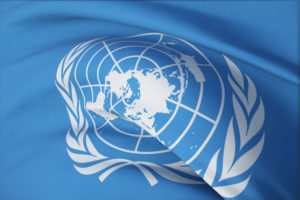
Human Trafficking: “The open wound on the body of our contemporary society”
According to Pope Francis, “Human trafficking is an open wound on the body of contemporary society, a scourge upon the body of Christ. It is
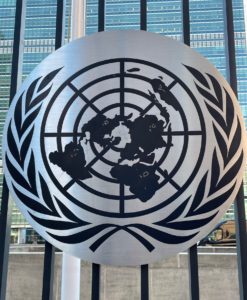
Leave no one behind
“Leave no one behind” has become the moto, the focus of every meeting at the United Nations. The phrase reminds
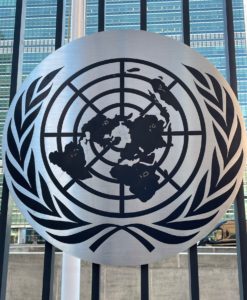
Be the change you want to see in the world!
Blessed Easter Season to each of you! It is certainly a busy time around the UN, as more and more
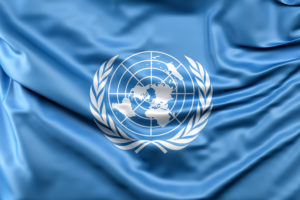
Mending Blessing
O my friend, take heart. The work of repair is aching in its slowness and beautiful in the inches by


